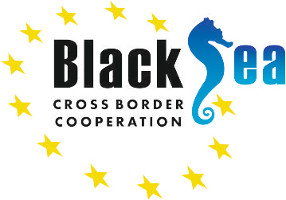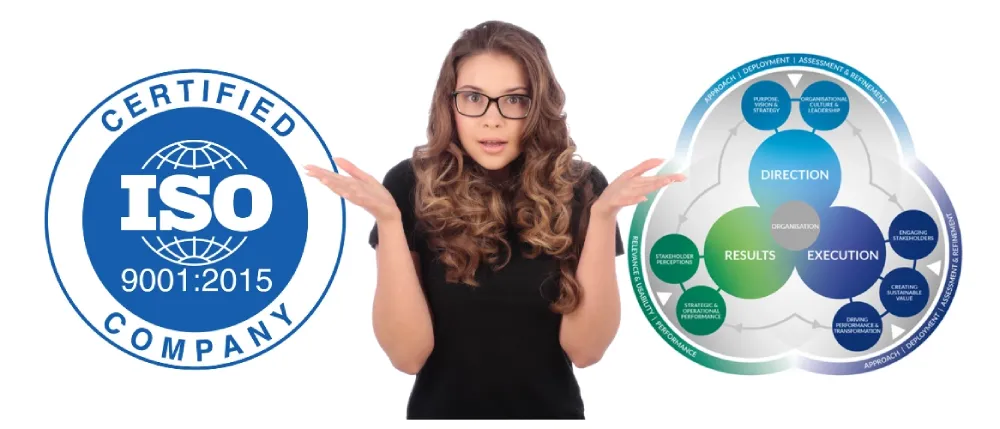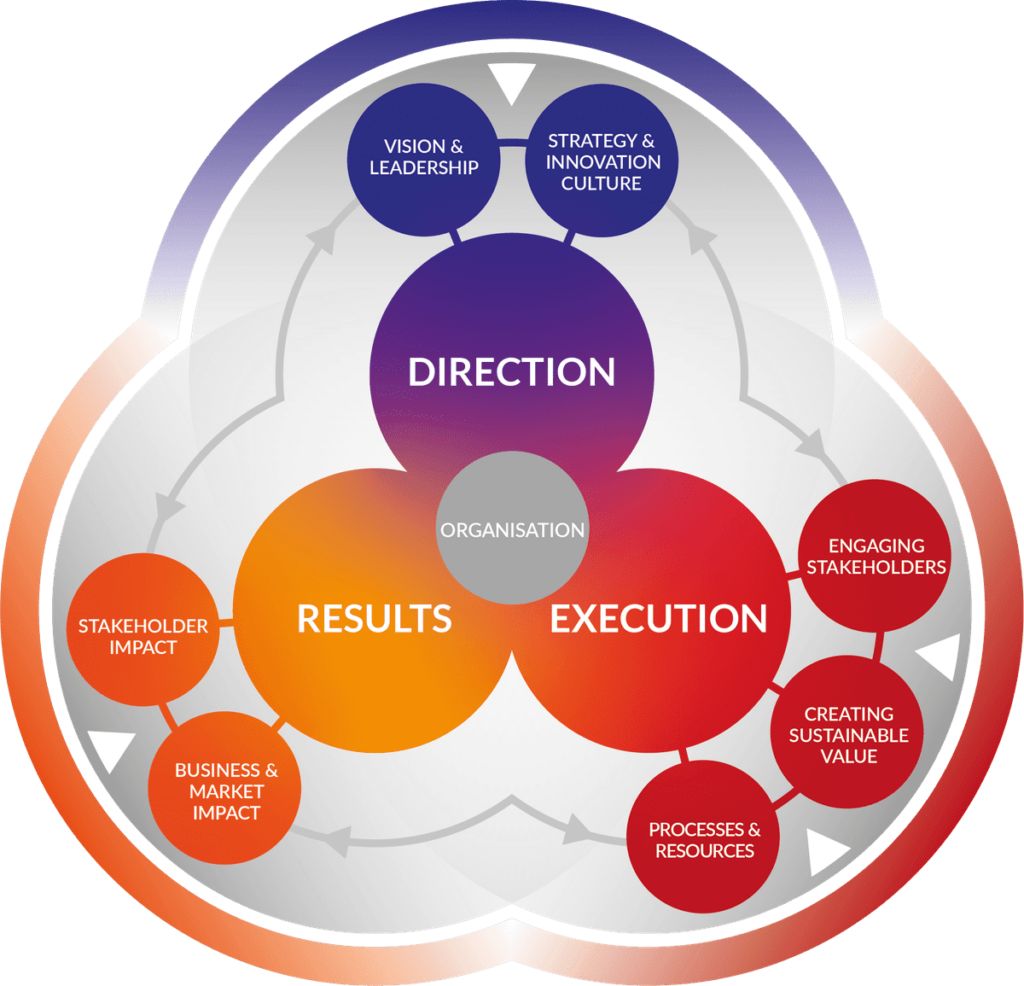EFQM’s Excellence model
At its core, quality management is a business philosophy that champions the idea that the long-term success of a company comes from customer satisfaction and loyalty. Quality management requires that all stakeholders in a business work together to improve processes, products, services and the culture of the company itself.
This management style holds the expectations of internal and external users to be the basis for operation, and its goal is to continually empower employees and improve all processes through teamwork. Various models have been developed to implement total quality management. One of these is the “Excellence” model developed by the European Foundation for Quality Management (EFQM).
This non-for-profit foundation, since 1992, has given a quality award to businesses that successfully implement this model. The foundation’s goal is to empower members in being more productive in business and achieve better business results through the total quality management programs they implement.
The EFQM’s “Excellence” model is a practical tool that assists organizations in developing their management systems by measuring whether or not they are improving in the area of excellence. It helps organizations to determine their strong points as well as areas with room for improvement, and encourages them to create solutions. The EFQM updates its model by gathering data from the best implementations of the model inside and outside of Europe. This ensures that the model is dynamic and reflects up-to-date management trends and practices.

What is great about the EFQM Excellence Model?
The EFQMs definition of excellent organizations are those that:
“Achieve and sustain outstanding levels of performance that meet or exceed the expectations of all their stakeholders.”
To achieve “sustained” levels of performance organizations have to support a continuous improvement program to ensure they remain excellent.
It is also interesting to note that the definition highlights “stakeholders.” There can be a variety of stakeholders for any business or organization and to be classified as excellent, businesses have to achieve outstanding performance for all of their stakeholders: employees, customers, shareholders, owners, the wider community.
The EFQM Excellence model allows people to understand the cause and effect relationships between what their organization does and what is achieves.













